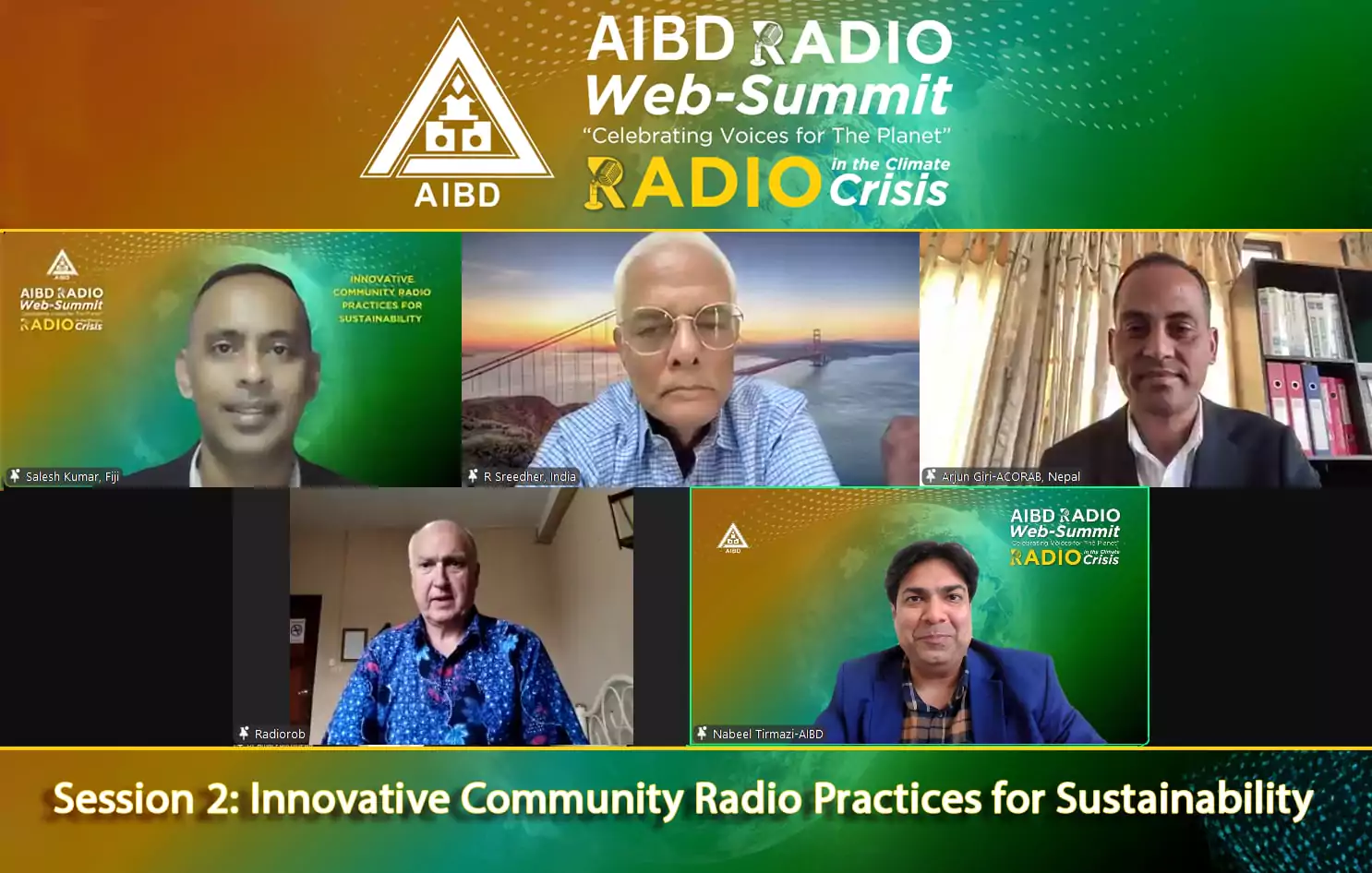Climate Alerting with Open Source Software 📻
Hello Radio Friends,
I am presently working remotely this winter in Thailand and reside in the Yukon Territory up in northern Canada, beside Alaska. Historically 2 major events happened here; the Klondike gold rush of 1898 and the building of the Alaska highway in 1942 to connect the continental US to Alaska in preparation of a Japanese invasion during World War 2.
In Canada we have 634 distinct indigenous groups with around 20 local dialects still spoken. These indigenous groups did not have any written languages and relied on an oral tradition of telling stories. This makes the radio medium effective in sharing audio format messages. One group close to me still has stories of a community dinner and capturing a Woolly Mammoth. That would have been one big feast!
Trends in the far north are milder temperatures and slightly more precipitation. Warming in the Arctic is of concern by releasing methane from melting permafrost and glaciers. Side effects from not having extreme cold include; it doesn’t penetrate trees in the forest and allows spruce beetles to take hold, killing vast amounts of trees which then become a fire hazard. Challenges of forest fires and flood are losing properties, infrastructure and homes. Additionally these events cause food insecurity, when our groceries are delivered by truck from 2000 kms away and the roads are shut down for many days\weeks at a time. Unstable weather systems have also contributed to mining disasters, triggering landslides which release millions and millions of liters of toxic tailings; methylmercury and potassium cyanide into the pristine water systems forever.
Radio is an accessible media, no passwords or smartphone, just a simple FM radio and some batteries. In order to survive we need to keep radio relevant while competing with social media and YouTube. The next generation is already full of fake news and AI generated content. Radio still has a role as a trusted medium, where you can hear local news and information from sources and people you know and trust.
I am lucky to be able to travel to remote indigenous communities, where I setup small community radio stations with Open Source broadcast technology and provide training. This allows gathering indigenous languages into a web accessible online streaming media library, with scheduled play lists and sharing enclosed metadata. In Canada it is mandatory to carry emergency alerts issued by the federal government. Some of these stations use repurposed computers that still have life left in them using our open source software, including the low cost Raspberry Pi embedded devices. What makes this even more beneficial is this system is designed to broadcast alerts in both official languages, English and French, but also in understandable indigenous languages.
Climate change is a real threat that everyone has to deal with. Radio still has a role to play disseminating trusted timely information in many different languages.
Thank-you
Rob
AIBD Web-summit 2025 – Radio in the Climate Crisis

